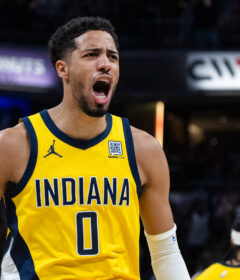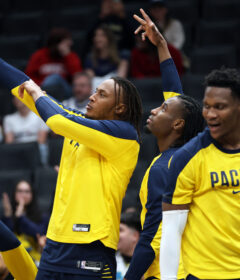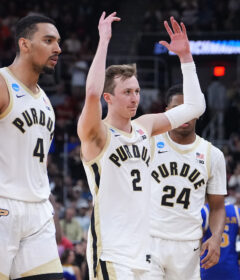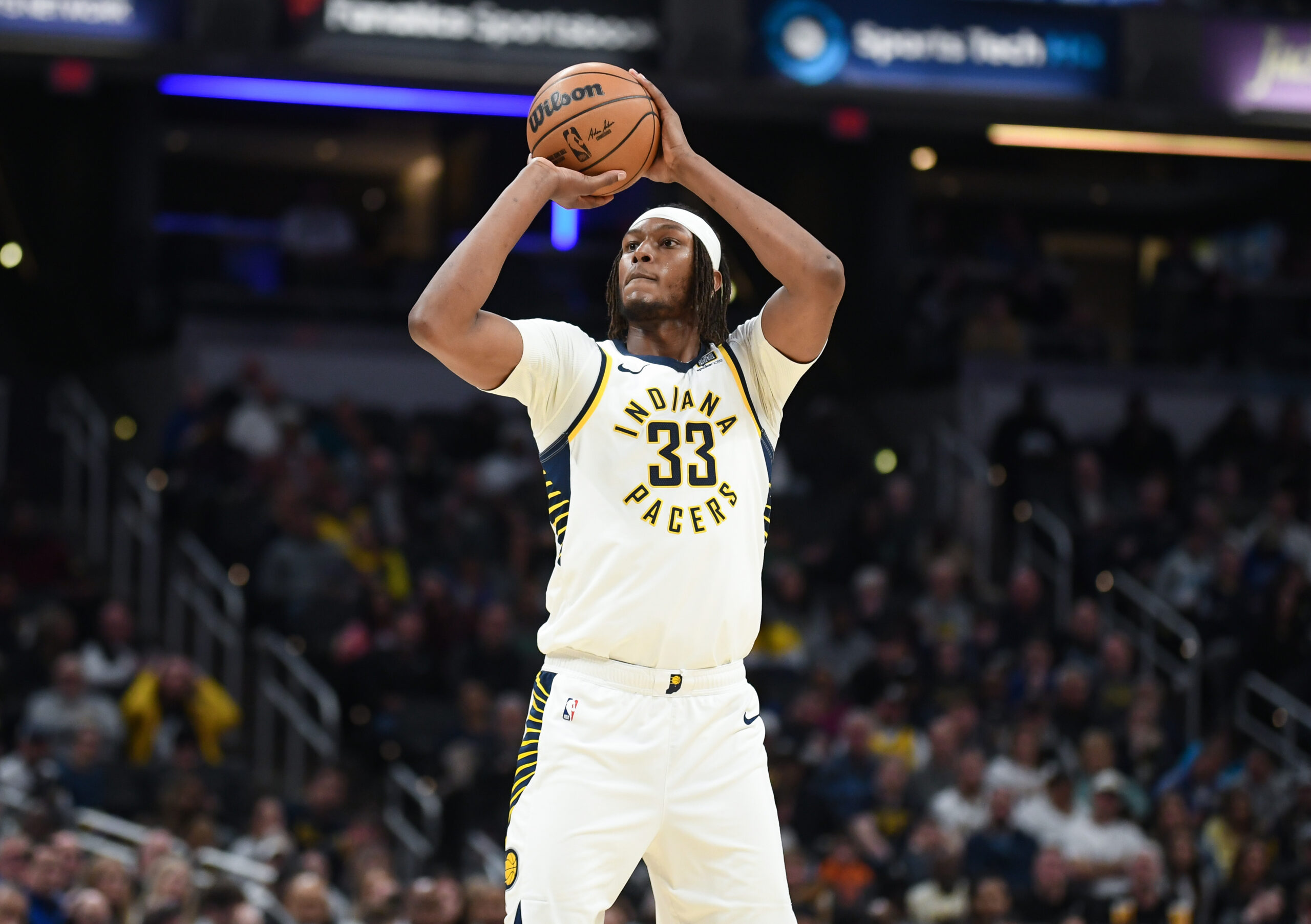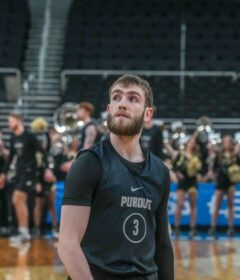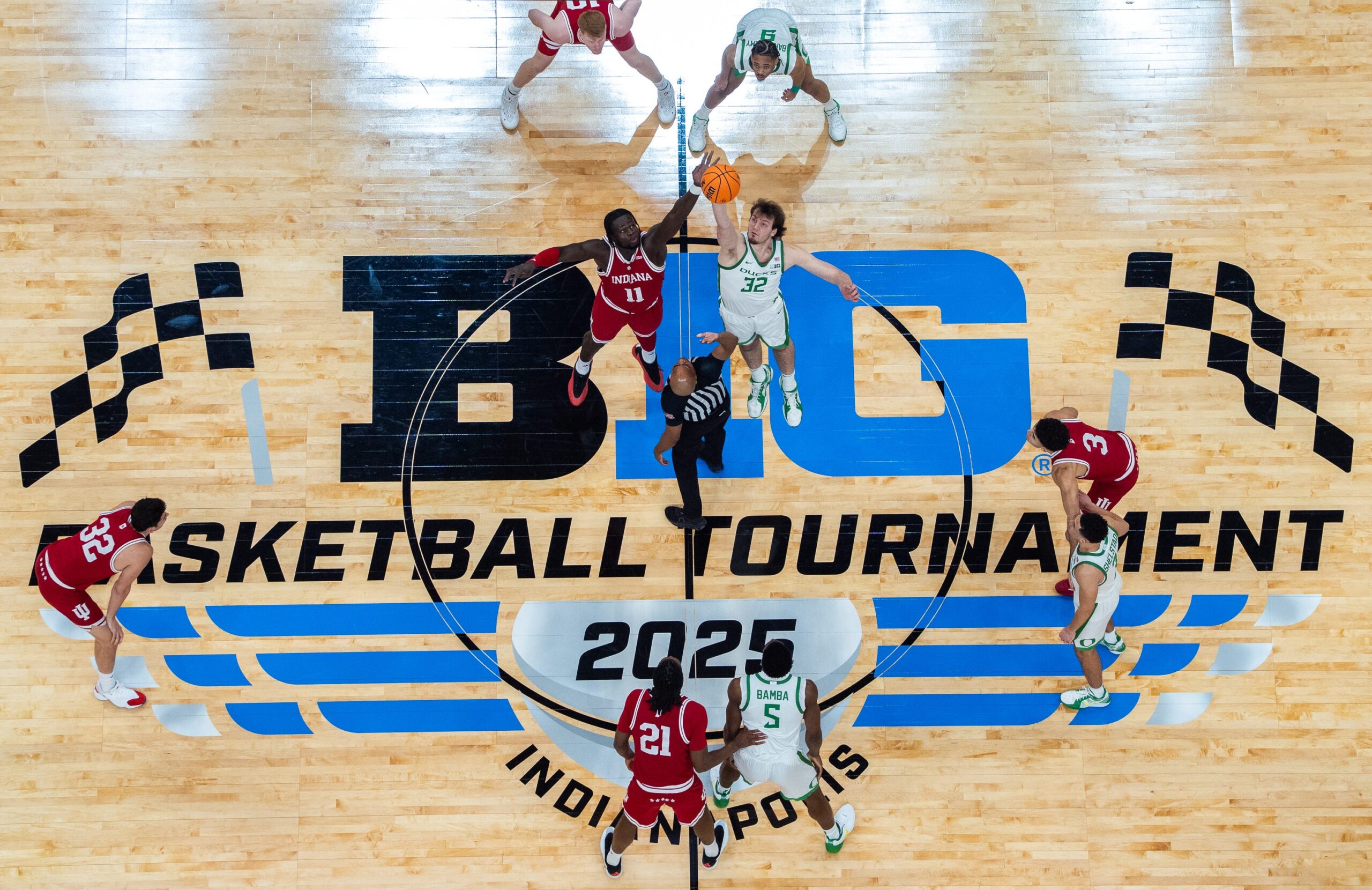Butler suffers another blowout against top A-10 competition

By CHRIS GOFF
ISL Correspondent
There’s a beautiful rodeo called the Atlantic 10 tournament heading our way in less than two weeks, and if you’re a Butler fan it might be an iffy investment of time.
With Virginia Commonwealth and Saint Louis in the pool, Butler faces an uphill and daunting path to the trophy. No need to hold your breath waiting for both to lose before the Bulldogs would face them – that could happen as soon as the Bulldogs’ second game in the tournament. Butler has lost all three matchups against those conference powers, with Saturday’s 84-52 VCU win being the biggest laugher. It was the worst loss for Butler under Brad Stevens and the school’s most lopsided loss since Jan. 24, 1994, when North Carolina routed the Bulldogs 104-64. So one-sided was this contest that Butler’s only lead was 2-0. In a road loss to Saint Louis in January, the Bulldogs’ largest – and last – edge was 10-5.
One thing proved especially troubling Saturday, however, and the issue was clear ever since Darius Theus drove coast-to-coast in 10 seconds for a layup off a made basket. Butler’s players, who had been guarding so much better through the previous 6 ½ games, showed an alarming brand of matador defense. The Rams earned 20 free throws, shot 48 percent and had several highlight drives into the lane, most notably a late-game set-up of D.J. Haley’s dunk by Briante Weber that put an exclamation point on top of VCU’s win. The Rams also were hitting their jumpers, too many of which were not challenged, and finished with 10 3-pointers on 23 attempts.
In addition, there was the usual defensive chaos caused by everyone in a home jersey. Butler tied a season high with 23 turnovers in 70 possessions. That horrific ratio of 32.8 percent exceeded the considerable suffrage VCU ordinarily inflicts. Team HAVOC entered Saturday forcing opponents to turn the ball over on 29.1 percent of their possessions, the highest rate in the country.
Roosevelt Jones had his pocked picked by Weber in the backcourt. Jones later threw an inbounds pass way over the head of Andrew Smith that was chased down by Theus along the sideline. Theus jumped in the face of Jackson Aldridge to bat down a pass in the form of J.J. Watt spiking a throw from a quarterback. The Rams kept pressing, kept attacking, kept harassing, and Butler mistakes stopped only for brief interludes.
Topping it all off, VCU unleashed its all-conference big man combo of Treveon Graham and Juvonte Reddic to great effect, as their physicality helped frustrate Butler’s frontcourt players; the two combined for 11 rebounds and made nine of their 17 shot attempts. Meanwhile, Butler became noticeably fatigued as the Rams poured it on, helped along by a couple of unfavorable whistles – most notably a foul given to Reddic for running into Kellen Dunham after Dunham’s 3-point attempt that somehow did not result in Dunham shooting free throws.
Butler’s lack of a true point guard affected the Bulldogs much more than VCU’s deficit in size affected the Rams, and not only because the Bulldogs desperately needed an experienced ballhandler who might have helped settle them down. Makeshift starter Alex Barlow’s inability to punish the Rams offensively permitted them to send swarms of defenders at Rotnei Clarke, and Theus especially did this with unusual fervor. Often pushed out near half court by aggressive VCU helpers, Clarke was neither able to hold the ball long enough to orchestrate plays that would set up easy scores for teammates nor break loose for clean looks of his own.
Butler’s leading scorer continued his miserable play against the league’s top teams with just five points. He also had three turnovers, including an ill-conceived bounce pass that went skipping out of bounds around midcourt and helped pave the way for VCU’s early 9-2 lead.
More telling, perhaps, was that Clarke often did not draw the assignment of bringing the ball upcourt despite being the named point guard. Somehow, Butler needs to do a better job of punishing defenses for their aggressive approach in using full-court pressure. It’s not like the Bulldogs haven’t seen this before – it’s exactly what George Washington, Saint Louis, North Carolina and Indiana did in spurts of games earlier this season after Clarke was forced to play such a large role.
Not that Clarke had much help; Khyle Marshall (13 points) was the only Bulldog to bring anything even close to resembling his A-game. No one else brought their D-game, in actuality: Dunham was 3-for-7, Erik Fromm and Kameron Woods combined were 0-of-5 and Smith scored six points as the Bulldogs shot 41 percent and trailed by as many as 33. About the only positive to take away for the Bulldogs was a late cameo by Devontae Morgan, who played eight mistake-free minutes.
As a result, we head into postseason basketball hoping to see at least one win by Butler over a top Atlantic 10 team. There’s a precedent, actually, and it’s one many recent memories will recall. Two years ago Butler suffered a pair of harrowing defeats to Milwaukee in a Horizon League power struggle, which helped set up Milwaukee as the top seed and conference favorite before Butler convincingly scored a win in the Horizon League championship game on the Panthers’ home floor.
As for the feat of losing a conference game by 30 points? That hadn’t happened to Butler since the 1985-86 season, when Oral Roberts hammered the Bulldogs. That’s also the last time the Atlantic 10 had at least three teams win 15 games in league play – a drought dating back to before Rams coach Shaka Smart was even nine years old, and one that Saint Louis and newcomers VCU and Butler, no matter how talented a trio, had no chance of ending in this grueling season.
To simply defeat one of those mighty colleagues, the Bulldogs will need to awaken Clarke and find a handle to just get a shot away. Both tasks seemed a whole lot easier on paper in November than they have looked on the court in January, February and March.

